Mayor of the moment
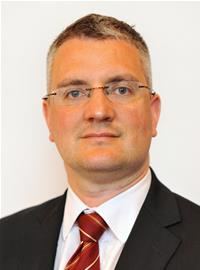
James Lewis Leeds
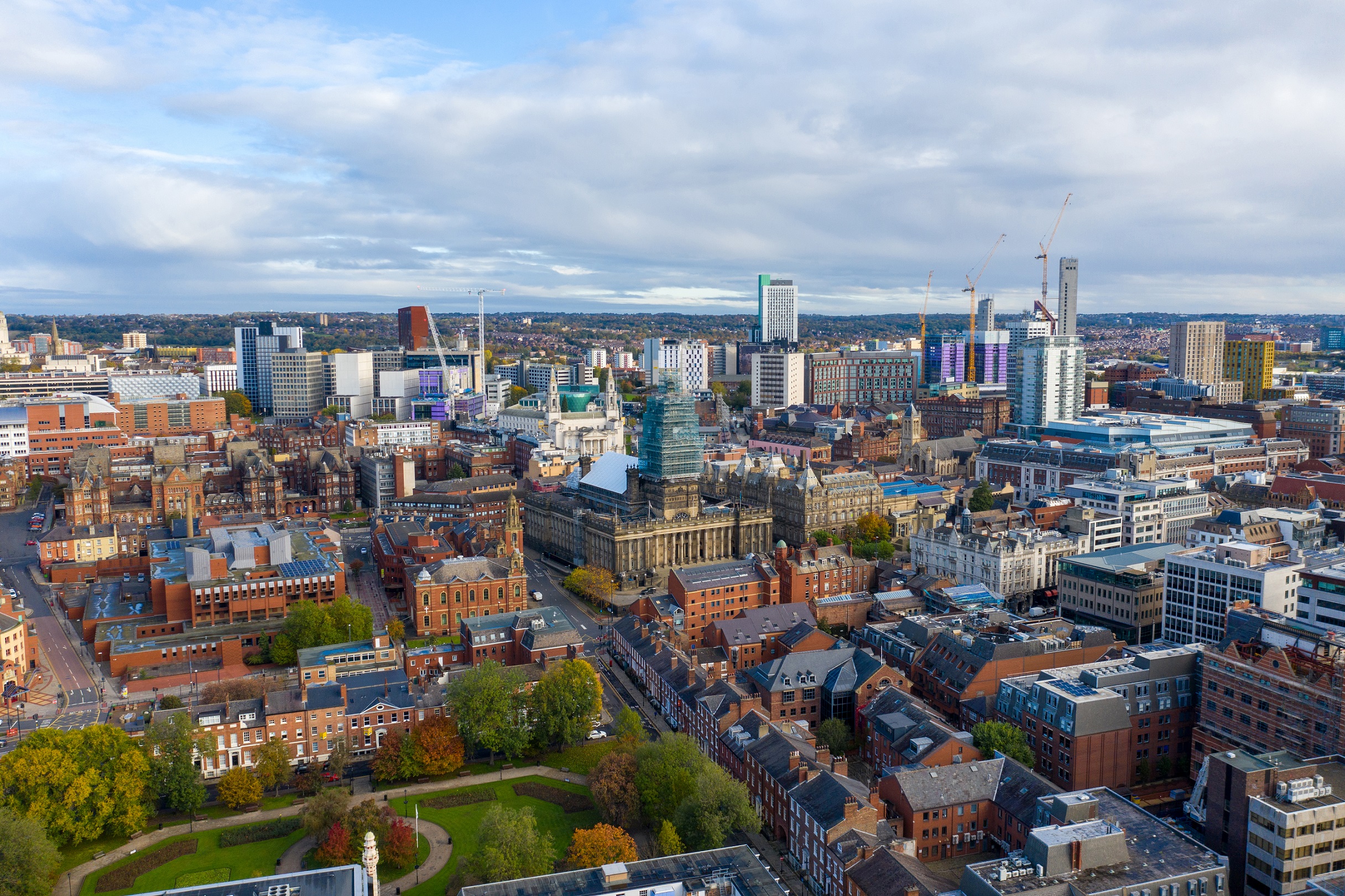
The city vision states it aims to make Leeds ‘the best city in the UK’. You have defined this as being a city that is ‘fair, sustainable and inclusive’. What are the biggest inequality challenges in Leeds and how are you planning to deliver an inclusive future for the city post-pandemic?
The pandemic has had a significant impact on the UK, but the country is now in recovery. In 2021 development in our city centre was at the highest level since 2007, an 83% increase on 2020. We have a broad base economy with a range of high growth sectors, including digital, finance, professional services and manufacturing, which have enabled us to show resilience throughout the crisis. There are significant opportunities in emerging green sectors with modelling from the UK Local Government Association that projects Leeds will generate the highest number of jobs in the low-carbon and renewable energy sector of all the English Core Cities by 2050.
Despite our successes, Leeds continues to suffer from stubborn and long-standing inequalities, with data increasingly establishing a link between direct health impacts and deprivation. We estimate more than 74,000 working age adults across the city are from working households and in poverty. Data from the Leeds Food Aid Network suggests almost 42,000 people accessed a foodbank during the 2019/20 period. In the past 10 years there has been an increase of low paid, insecure work and a hollowing out of the labour market, making in-work progression more difficult. Workers still find it difficult to move jobs, into different sectors, and there remains a skills gap and inadequate training to equip people for the changes in the labour market brought about by automation and a switch towards more digital jobs.
Our new City Ambition aims to tackle poverty and inequality, through our three priorities of Health and Wellbeing, Inclusive Growth, and Zero Carbon. We are working with Boston’s Massachusetts Institute of Technology and the private sector to develop clear talent pathways and lifelong learning, and investing in future talent through a new plan aligned with the city’s education and training infrastructure. The renewal of our City Ambition has also made us re-evaluate our vision for Leeds. In doing so we recognise Leeds can be much bolder. Therefore, the ambition will include specific asks of Government and others, in a way that will create a strong foundation to bid for additional funding and secure more private sector investment.
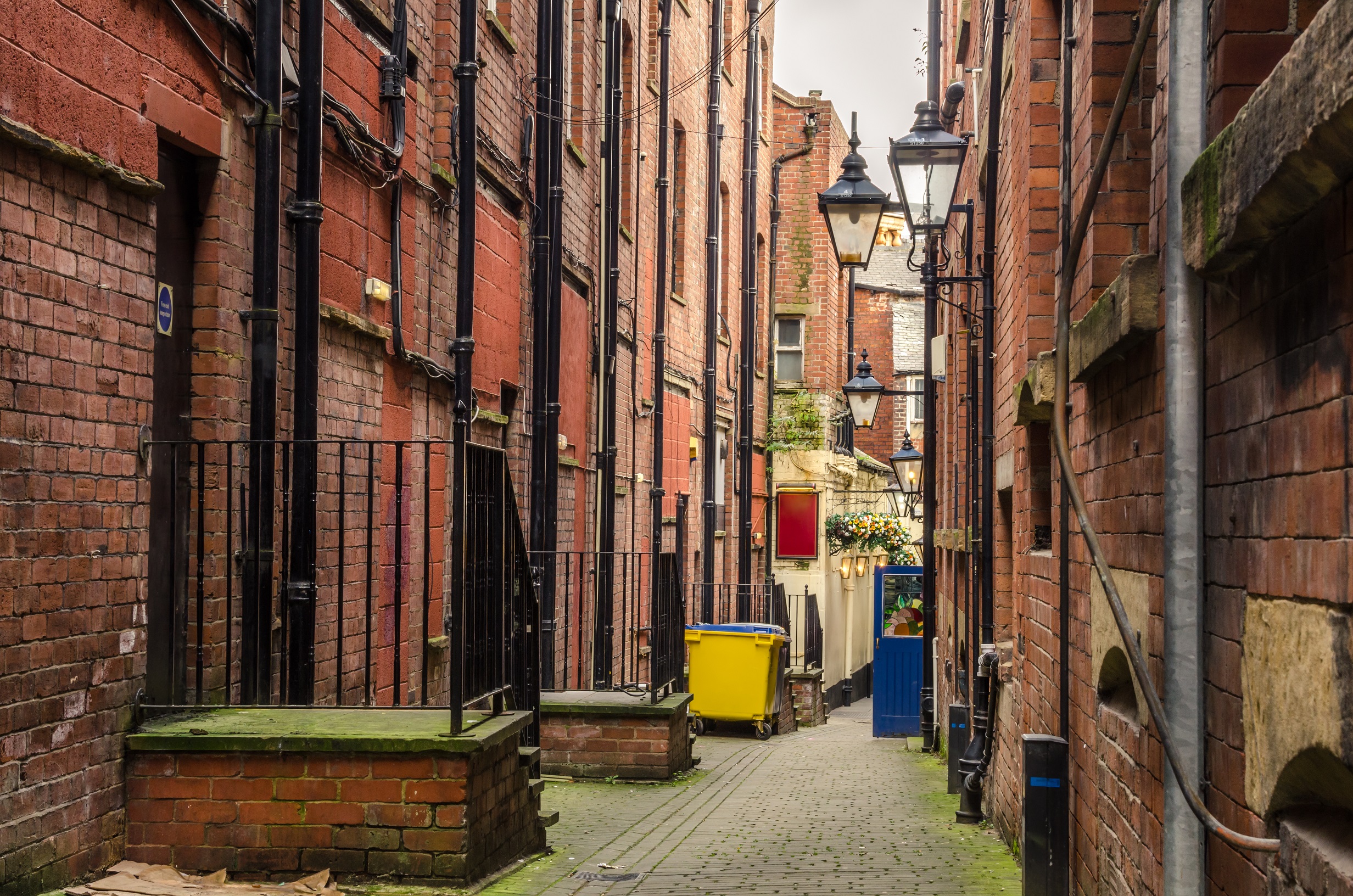
Leeds was recognised as Digital Council of the Year in 2019 for its work to improve digital tools, technology and inclusion in the city, and also received recognition for digital collaboration for its 100% Digital Leeds Why is it important for Leeds to enhance digitalisation, and how will you ensure the city’s digital transformation benefits everyone?
Leeds has gained a reputation as being one of the UK’s most important digital hubs. The city is now home to more than 1,350 digital businesses employing 30,000+ people, and the sector is continuing to grow, and faster than anywhere else in the UK. But we want to ensure that Leeds is not just a digital city, but a digitally inclusive city, where everyone can benefit from the opportunities that the digital revolution is bringing – whether it be jobs, better housing or improved access to health services. Our aim is to build a digital city that remains competitive on the world stage and that puts digital inclusion and diversity at the heart of our ambition, using technology to improve health outcomes and tackle health inequalities, all supported by strengthened digital and data infrastructure.
One way we are doing this is through our 100% Digital Leeds programme which is working with partners from across the city to ensure digital inclusion is an integral part of the city’s key strategies and priorities. We want everyone to understand how digital can benefit them and be able to gain the skills they need to make the most of digital. We are very proud of the progress we’ve made so far. By working closely in a unique partnership with third party organisations in the city, we’ve helped train more than 3,000 Digital Champions from 250+ teams and organisations in all sectors working across Leeds. We have supported third party organisations to secure £1million funding for digital inclusion interventions and projects to increase capacity and capability in communities.
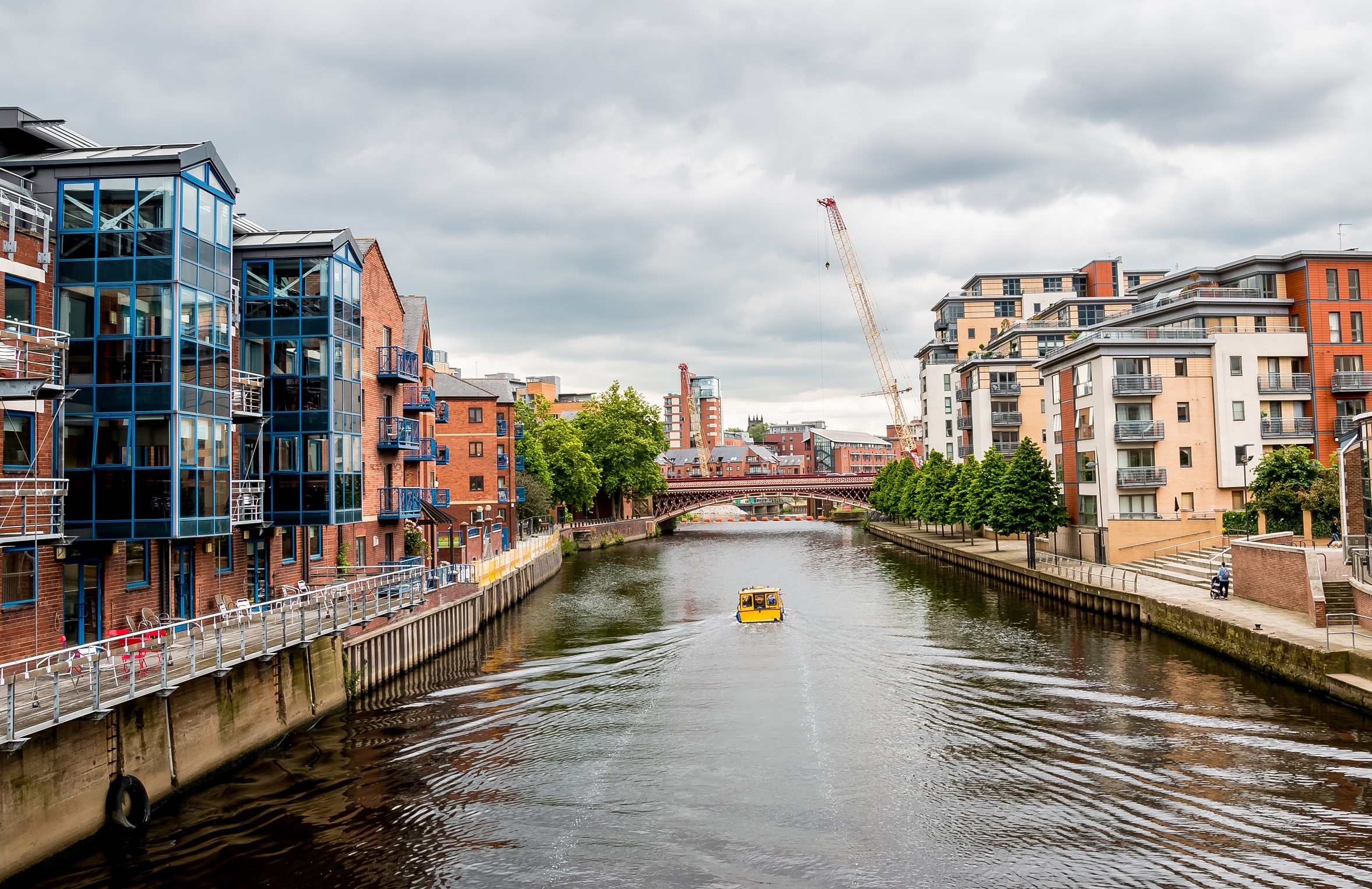
Leeds City Council is the principal funder of the Leeds 2023 project that will celebrate culture by delivering an estimated 20 million GBP programme of activities across the city. How are you using culture to promote inclusive growth in Leeds?
Culture and creativity have huge roles to play within our city. They bring people together, shape identity, support communities, and provide wider economic benefits. They have been the catalyst for some of the most exciting developments and investments Leeds has seen in recent years, including the arrival of Channel 4 National Headquarters – a major UK television network – which had led to the city more than doubling its Film and TV production capacity in the last five years.
Leeds is already recognised for the strength of its creative sector which, during the pandemic, adapted to make sure it reached and engaged households and communities in new ways. We want to build on best practice from this time and continue to support culture-led inclusive growth to build our city’s economic resilience as well.
Our year of culture, LEEDS 2023, will not only help us to recover economically and socially from the pandemic, but it will also bring other benefits, including thousands of new jobs, freelance opportunities, chances to volunteer and opportunities for young people via education programmes. Leeds 2023 will be a celebration of what has been achieved together as a city, and a massive statement of intent about our ambitions for Leeds – through this we can show that culture can be created and enjoyed by anyone and that the benefits arising from it can be shared with everyone.
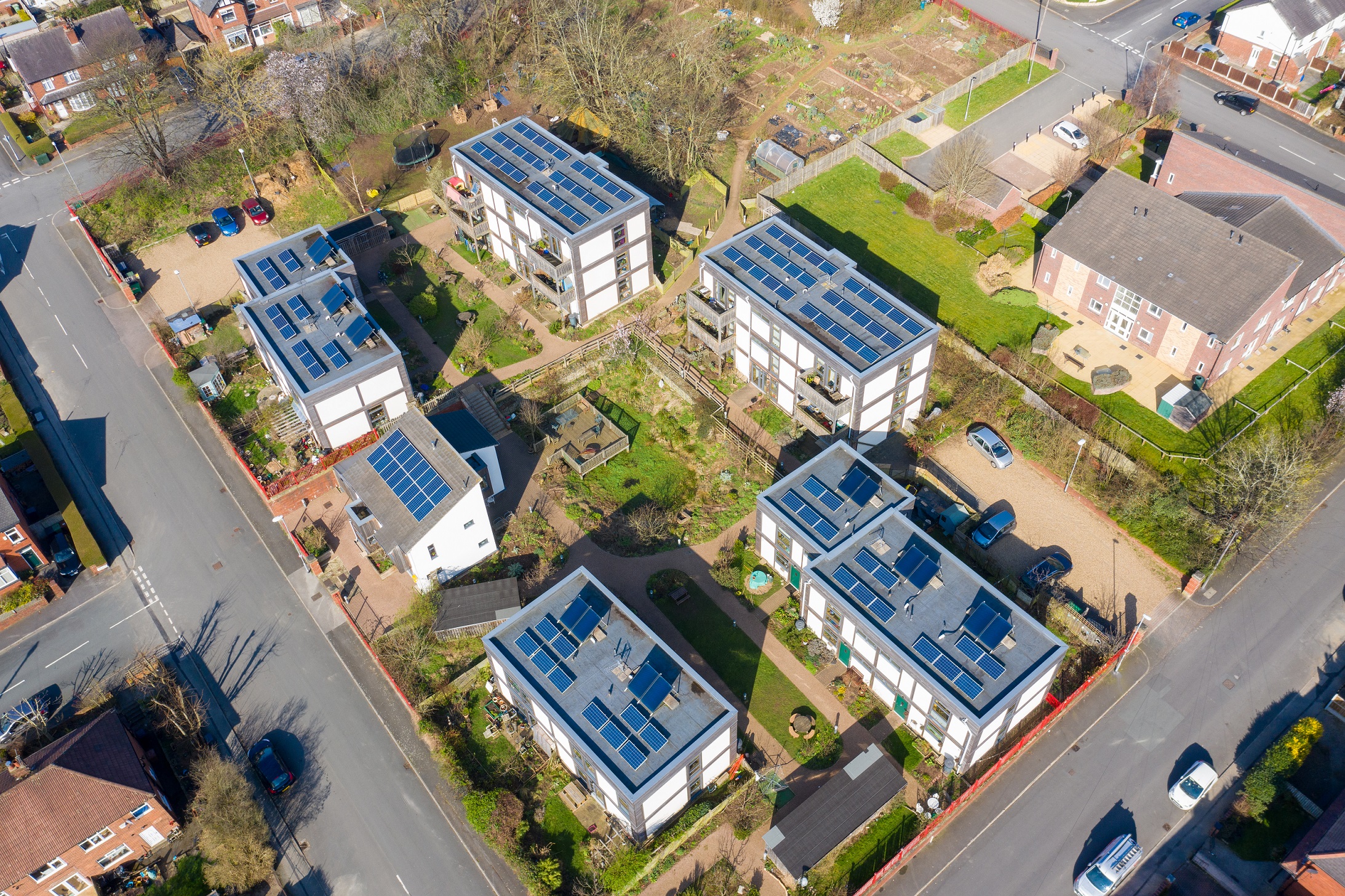
The population of Leeds has been growing for the past 20 years, and you have welcomed more than 75k new residents in that time. How are you managing to provide quality affordable housing to meet the city’s growing population?
Leeds has welcomed a significant rise in population over the past 20 years, which has been supported by a range of housing initiatives and programmes to accommodate sustainable levels of growth through the development plan process. A key strength of Leeds is its diversity. High density development opportunities in the city centre, which make the most of the vibrancy and central location, are complemented by sites in suburban locations on the edge of Leeds, and in and around the towns and larger villages that surround the city.
Council has granted more planning permissions for housing over the past five years than ever before. The number of homes approved are well above the city’s housing requirement figures. In 2018/19, nearly 10,000 new homes were approved through planning permissions, which is a record level for the city since monitoring began in the early 1970s. Approvals have been granted for more than 50,000 new homes in the last 10 years, well in excess of the target for that period, and the number of new homes completed has consistently averaged around 3,000 a year. Leeds has consistently delivered one of the highest numbers of new homes in the UK. Over the last 5 years we have delivered more than 16,000 homes, 2.2% of England’s housing supply in 2021.
Council recognises that simply delivering new homes is not enough and works with stakeholders including registered providers and private developers to deliver good quality affordable housing. The Affordable Homes Programme, which is funded by Homes England and delivered by registered providers, is a key delivery mechanism. It represents £100m+ investment in the city. The lifting of the cap of borrowing for new council homes means council has become a much more active contributor in the provision of affordable homes in Leeds.
In 2021, 595 new affordable homes were built in Leeds, the highest yearly delivery in the last 10 years. And Council intends to build 1,500 new council houses through the Council House Growth Programme by 2025. Historically, an average of around a third of affordable homes have been provided through legal agreements associated with major housing developments. Direct delivery of homes by registered providers through Homes England’s Affordable Homes Programme and strategic partnerships historically delivers an average of 300 new affordable homes each year, with projections set to increase the number of homes delivered over the next 3 years. Additionally, delivery of affordable homes through our smaller third sector partners acts to diversify the affordable housing offer to meet more localised and community needs, including the need for accessible and adaptable housing and extra care housing.

